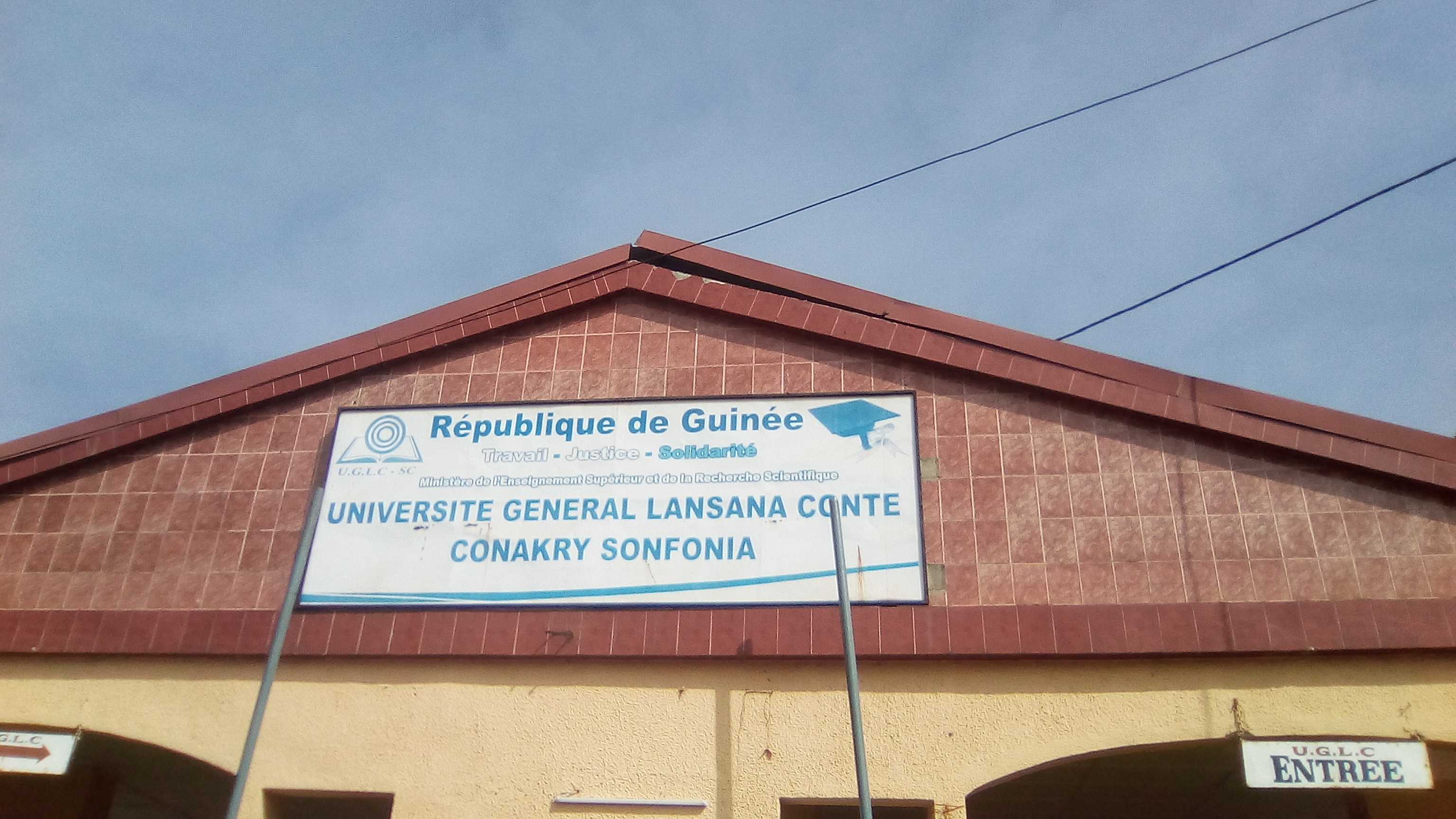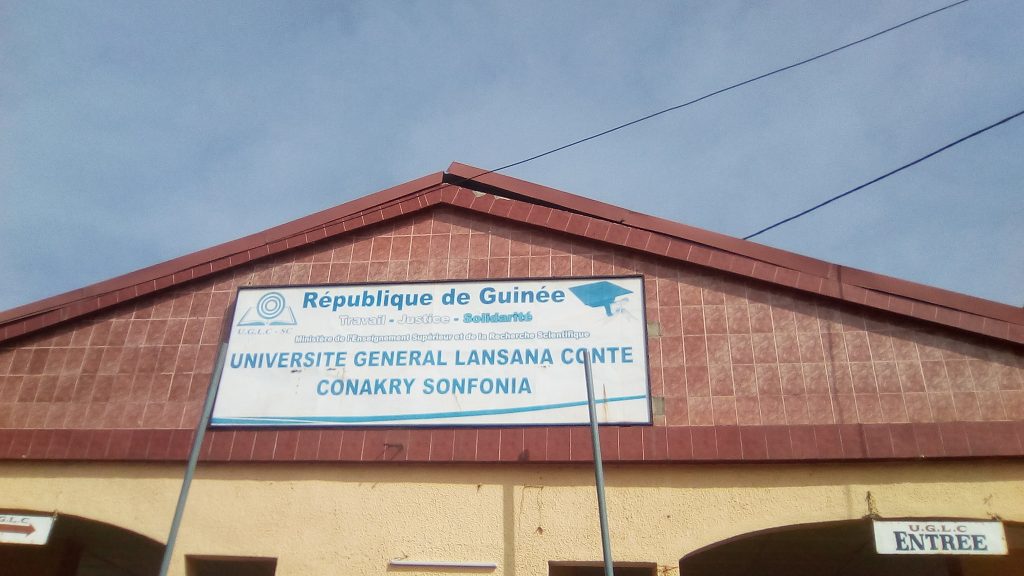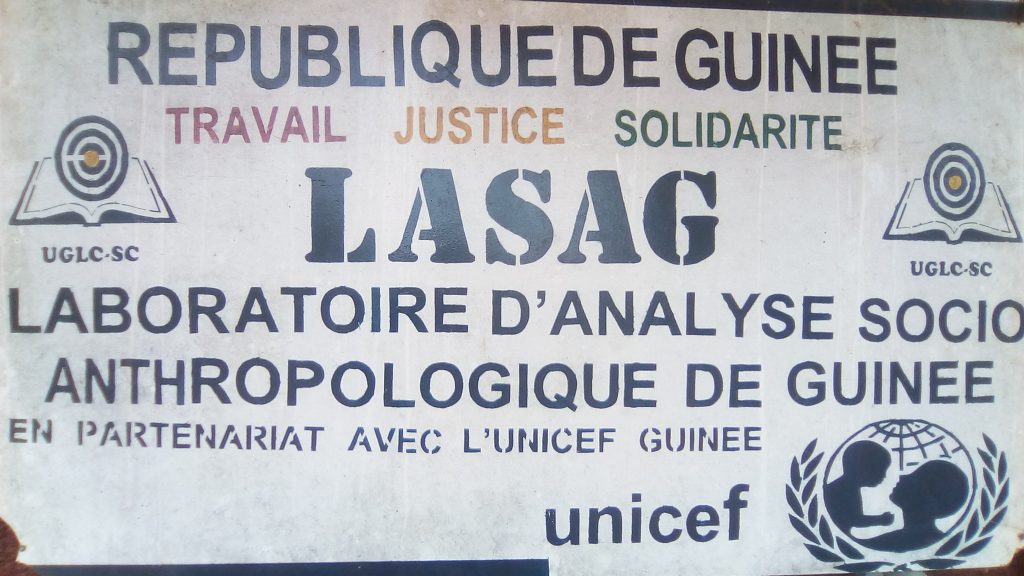Shaping the future: Our strategy for research and innovation in humanitarian response.

Shaping the future: Our strategy for research and innovation in humanitarian response.



Following Guinean independence, Guinea’s leaders favoured the development of technical and professional schools meant to train specialists and professionals to take over the roles formerly occupied by the colonial French.
27 years later, new pathways to social science education have been developed. But disciplines like anthropology and sociology have not benefited from any dedicated policy promoting their professional and institutional development in the country. There are no policies aimed at supporting, for example, research and publication costs for Guinean social scientists; the expanded recruitment of robustly-trained anthropology professors; the creation of graduate programs in social and cultural anthropology; the provision of state funding for graduate students in anthropology or sociology; or the enhancement of opportunities for anthropology students through partnerships with foreign researchers. Students who have a passion for anthropological research have not had access to books and articles dealing with issues of development, public health, or the lived experiences and perceptions of populations experiencing public health crises.
With the emergence of Ebola in the country in 2014, researchers fully appreciated the magnitude of the sociological challenge they were facing in trying to deal with the epidemic. Local people’s reluctance to engage with medical and research teams significantly complicated epidemic control measures, but so did the lack of well-supplied libraries run by well-qualified staff for those on the ground in need of reference materials during this period. In addition, leaders and managers of the education and research system have shown little regard for the contributions of social sciences during the epidemics that the country experienced in the past.
Today, more than ever, the challenge of developing a career as an anthropologist is immense: there is the lack of university libraries stocked with new publications, the limited involvement of Guinean researchers in the processing of data collected in the country by foreign researchers, the lack of Guinean scientific journals that could publish the work of Guinean researchers, and the low standard of living of researchers, which prevents them from assembling personal libraries (given the high cost of books) and, even more acutely, from pursuing specialised training in Western universities (given the high cost of graduate studies).

“A single finger cannot pick a pebble up off the ground” is an African proverb meaning that it is only by joining forces that it becomes possible to accomplish something concrete.
Working in Guinea with international researchers represents an ideal opportunity for Guinean researchers to learn or increase their knowledge, and to develop a career in anthropology. Because anthropology is a changing science (evolving according to the new public health and development challenges it encounters), Guinean researchers (students and professionals alike) need to work alongside foreign researchers in order to benefit from the latter’s knowledge and know-how. Countries that have made considerable advances in social science research have a lot to give researchers from countries where social science research is a challenge.
Working with international research teams gives researchers (and students) an opportunity to update their training in the use of research tools, and data processing and analysis software.
Conducting research on issues such as best-practice for the conduct of clinical trials, researcher and research participant experiences, ethics in international humanitarian crisis situations (Guinea had never experienced such a crisis before the Ebola outbreak), and popular perceptions of diseases and of virus transmission, has made it possible for student researchers to make significant strides in the development of their research career. The Ebola outbreak has been a turning point in the collaboration between Guinean and foreign researchers (and an opportunity for capacity building, by means of a better understanding of the new challenges that relate to public health policies and of the ways others have dealt with similar problems in the past).
Publishing articles in international journals or books is key to Guinean researchers having their expertise recognised and their reputation built on the international research stage.
This collaboration with foreign researchers, and the resulting publications, have made it possible to measure the level of commitment of national research institutions in the country. International research institutions have consequently undertaken efforts to support Guinean researchers by funding the construction of research structures and masters’ programmes in some of the country’s universities and research centers.*
In order for Guineans to be able to achieve the research careers they envision, certain conditions must be met.
First, highly qualified foreign researchers conducting studies in the country should be willing to share their knowledge about the entire research process with their Guinean colleagues. They should also agree to submit articles by Guinean researchers for publication in Western journals (and to facilitate the publication process), and to foster opportunities for study exchanges to Western universities. Secondly, it is important to ensure the participation of local Guinean researchers in symposia and conferences that focus on subjects of interest to both local and international researchers.
These goals can only be achieved by way of a collective effort by national (Guinean) research institutions and foreign academic institutions. Finally, these different strategies and provisions will make it possible for Guinean sociological and anthropological researchers to truly benefit from a certain prestige, by giving them meaningful access to the status of international researchers.
*1) LASAG (Laboratoire d’analyse socio anthropologique de Guinée, or “Guinean laboratory for socio-anthropological analysis”, supported by UNICEF). 2) MASDEL (Master Acteur social du développement local-Institut d’Etude développement économique, or “Master’s in local social development practice” of the Institute for Economic Development, supported by the Panthéon Sorbonne Paris 1). 3) CFRSRM (Centre de formation et de recherche en santé rurale de Maferenya, or “Maferenya training center for rural health research”, supported by the NIAID-NIH-HHS)

 Please upgrade your browser
Please upgrade your browser
You are seeing this because you are using a browser that is not supported. The Elrha website is built using modern technology and standards. We recommend upgrading your browser with one of the following to properly view our website:
Windows MacPlease note that this is not an exhaustive list of browsers. We also do not intend to recommend a particular manufacturer's browser over another's; only to suggest upgrading to a browser version that is compliant with current standards to give you the best and most secure browsing experience.